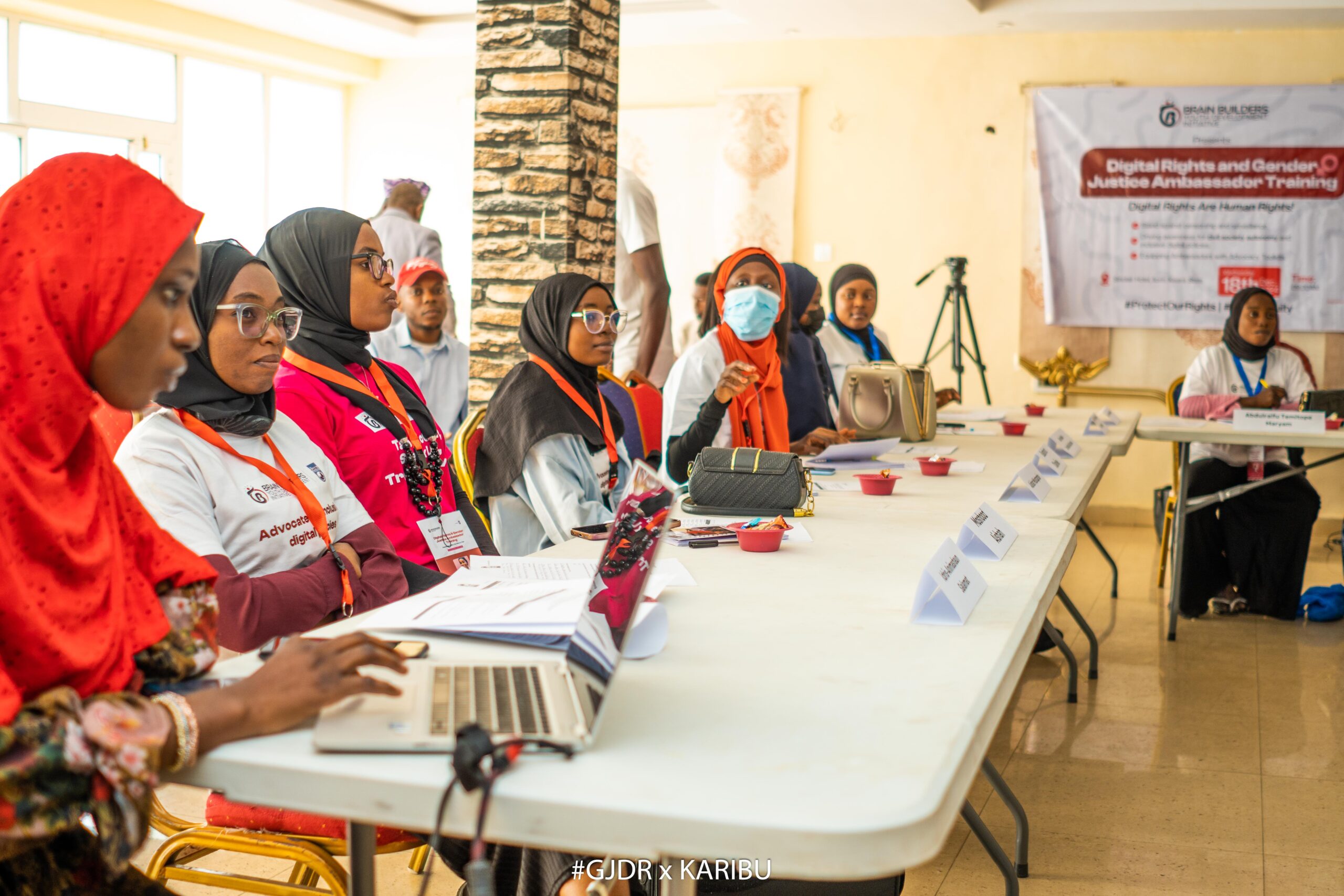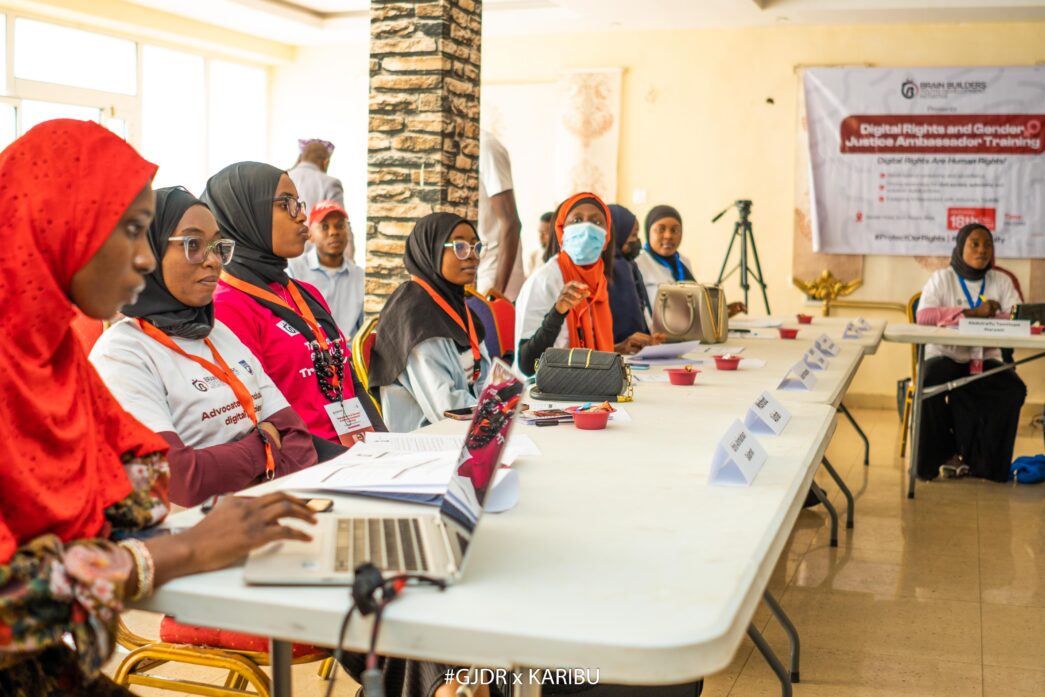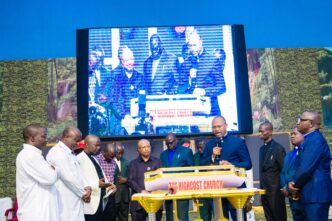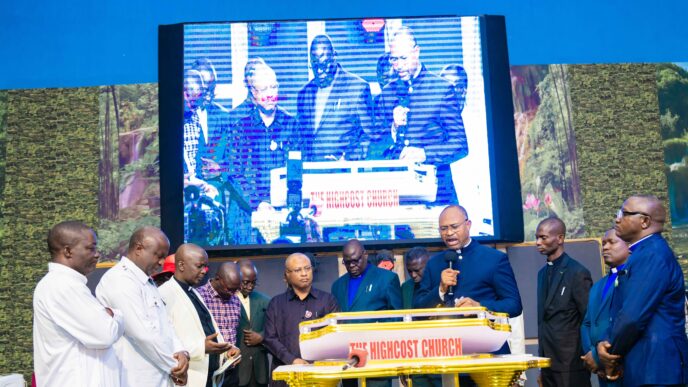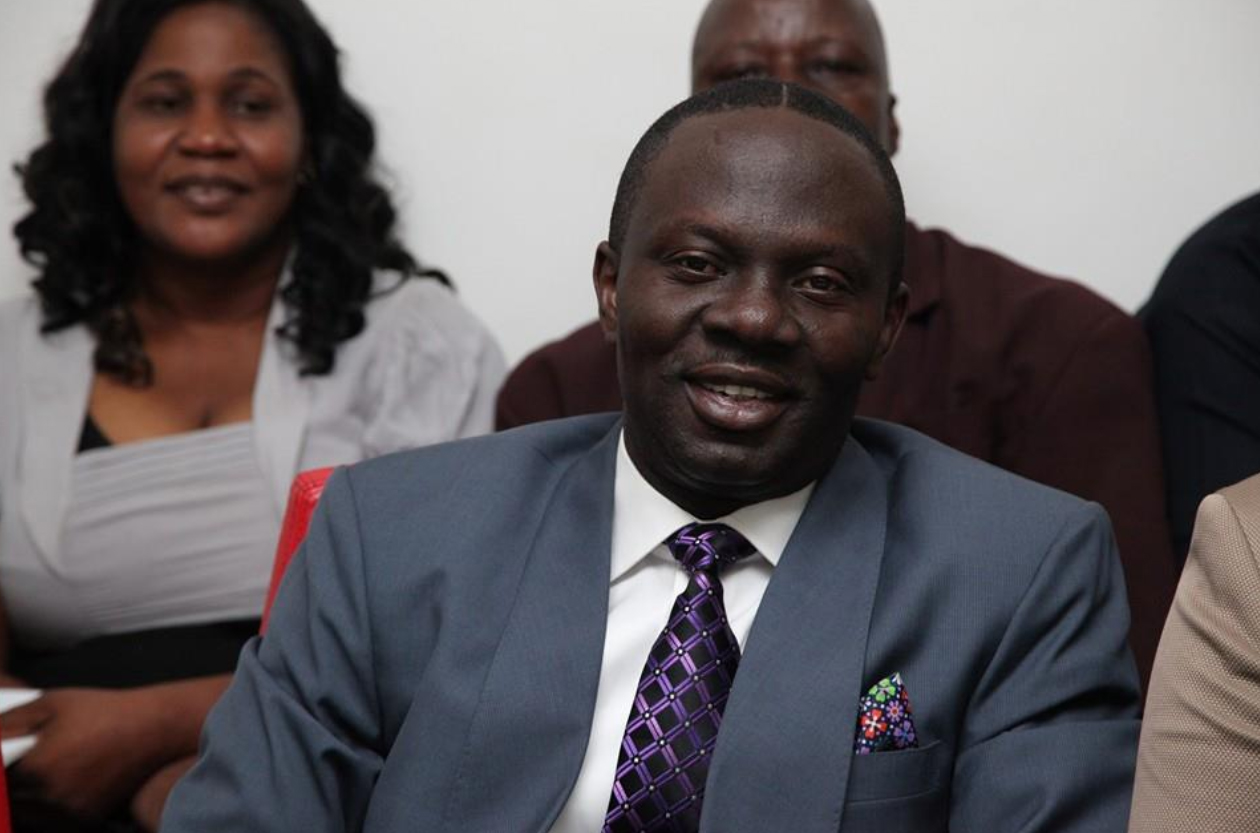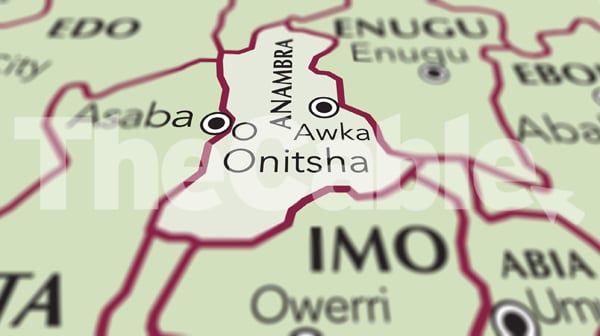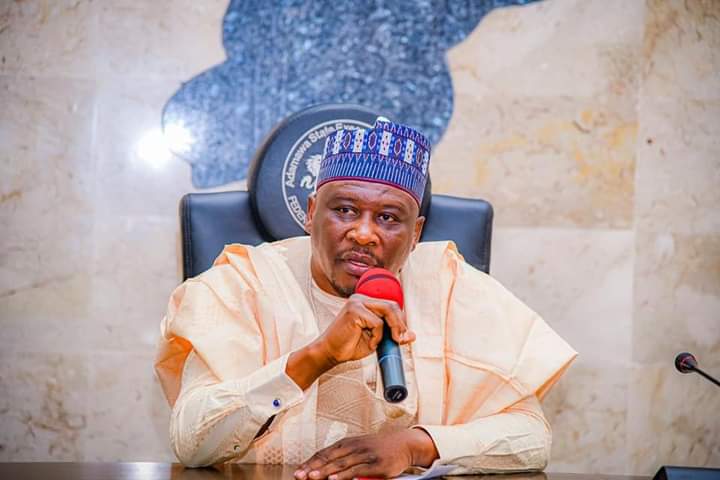The Brain Builders Youth Development Initiative (BBYDI), at the weekend, hosted a workshop on gender justice and digital rights.
The one-day event, which held in Ilorin, Kwara state capital, brought together grassroots ambassadors, experts, and policymakers to tackle the challenges posed by gender inequality, digital rights violations, and restrictive legislations.
The workshop combined expert-led sessions and hands-on activities, equipping participants with strategies to advocate for civil liberties and inclusive governance.
Halimat Olufade, the project lead, opened the workshop by framing digital rights as human rights in the online sphere. She highlighted essential elements such as freedom of expression, privacy, and access to information, stressing their role in creating inclusive and democratic digital spaces.
Advertisement
Anthonia Oshiniwe, one of the speakers, expanded on these elements of human rights, focusing on the intersection of gender justice and technology. Her session explored how digital platforms can both empower and marginalise women, calling for deliberate policies to foster safe online spaces for women and girls.
Abdulfatai Oladapo Sambo, a professor, delivered a critical analysis of Nigeria’s controversial NGO Regulatory Bill, outlining its provisions and implications.
He highlighted its stringent requirements, such as mandatory registration, funding disclosures, and government oversight, which he argued could stifle civil liberties and community development. “This Bill poses significant threats to human rights and must be revisited,” Sambo warned.
Advertisement
Eduvie Olutimayin’s session emphasised grassroots advocacy as a powerful force for systemic change. Using the EndSARS movement as a case study, she encouraged participants to engage communities, document efforts, and develop creative solutions to drive change.
On his part, Wale Bakare addressed the challenges of digital inclusion, focusing on data privacy and systemic barriers that marginalise vulnerable groups. He called for policies to ensure safe and equitable digital participation, particularly for women and underrepresented communities.
In a practical session, Sanni Alausa-Issa guided participants on creating advocacy messages and petitions tailored to specific audiences. He stressed the importance of emotional appeals, clear problem statements, and actionable demands to mobilise support.
Despite acknowledging barriers such as limited access to technology and potential resistance to advocacy efforts, participants expressed confidence in their ability to drive change. “We are equipped to inspire our communities and advocate for justice,” one participant noted.
Advertisement
In his closing remark, Abideen Olasupo, BBYDI global director, congratulated the trained advocates on their selection and participation in the programme, while pledging his organisation’s continued support for them to amplify grassroots advocacy.
He disclosed that the trained advocates were expected to go to their various communities to organise town hall and also gather feedback from constituents with a view to engaging their lawmakers on the proposed NGO bill.
Olasupo added that his organisation had also commenced advocacy on radio to increase awareness on gender justice and digital rights.
Advertisement
